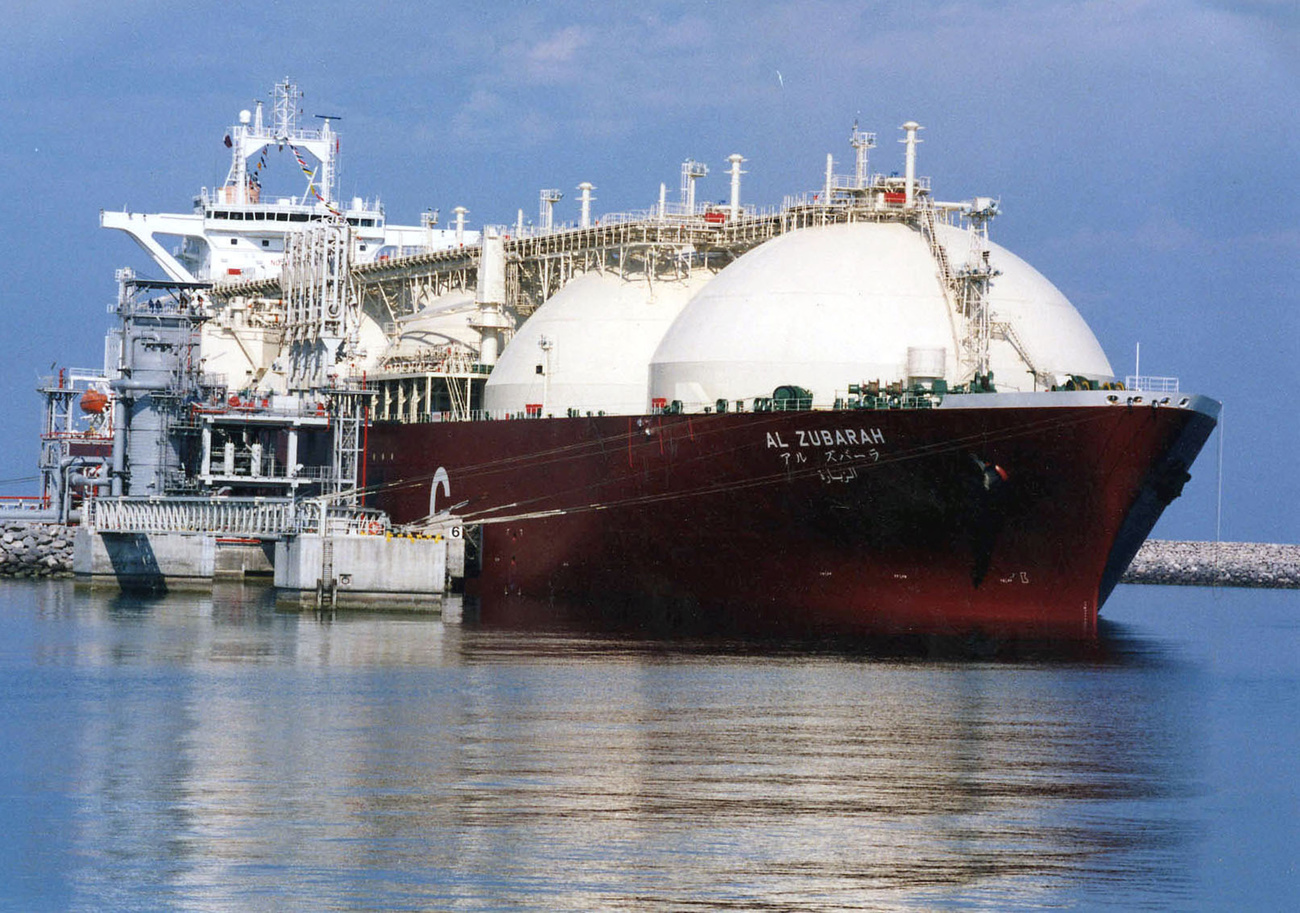
Swiss economy holds up despite Ukraine uncertainty

Economists at the KOF Swiss Economic Institute have confirmed their previous growth forecast for Switzerland of just under 3% for 2022, although this is only in the most favourable scenario.
If the crisis in Ukraine spreads and there is a complete halt to all Russian energy and commodity exports, including to the EU, plus a withdrawal of trade in Russian crude oil from Switzerland and a significant appreciation of the Swiss franc, the situation would become bleaker.
In this scenario, the Swiss economy is likely to grow by only 1% in 2022, the KOF said in a statementExternal link on Wednesday on the publication of its spring report. The previous forecast had been made in December as part of the winter report.
“In the short term, the economy is feeling the effects of this war in the form of a sharp rise in energy and commodity prices. This trend is exacerbating the price increases already observed in many places. Trade with Russia has come to a virtual standstill in all areas except energy,” the KOF said.
“As many companies active in international commodity trading are based in Switzerland, further and more comprehensive embargos than those already in place could cause a significant loss of value added.”
Excluding sporting events, in the favourable scenario the KOF still expects growth of 2.9% for 2022. For 2023, it has lowered its prediction slightly to 2.3% after previously 2.4%. In the negative scenario, growth rates would be 1.0% for the current year and 0.8% for 2023.

More
Switzerland sounds out Qatar over gas supplies
Inflation
As for inflation, the KOF said the war in Ukraine meant inflation was likely to rise more sharply and not decline quite as quickly as previously assumed.
“There are initial signs that long-term inflation expectations in Switzerland may have already increased. In contrast to other parts of Europe and the United States, however, where inflation is already tending towards double digits, inflation in Switzerland remains moderate,” it said.
Although Swiss consumer prices in the favourable scenario will rise by 1.6% in 2022, this increase will fall to 0.8% in 2023. Inflation of 2.8% (2022) and 1.2% (2023) in the negative scenario will temporarily exceed the range of up to 2% that the Swiss National Bank defines as price stability.

In compliance with the JTI standards
More: SWI swissinfo.ch certified by the Journalism Trust Initiative































You can find an overview of ongoing debates with our journalists here . Please join us!
If you want to start a conversation about a topic raised in this article or want to report factual errors, email us at english@swissinfo.ch.